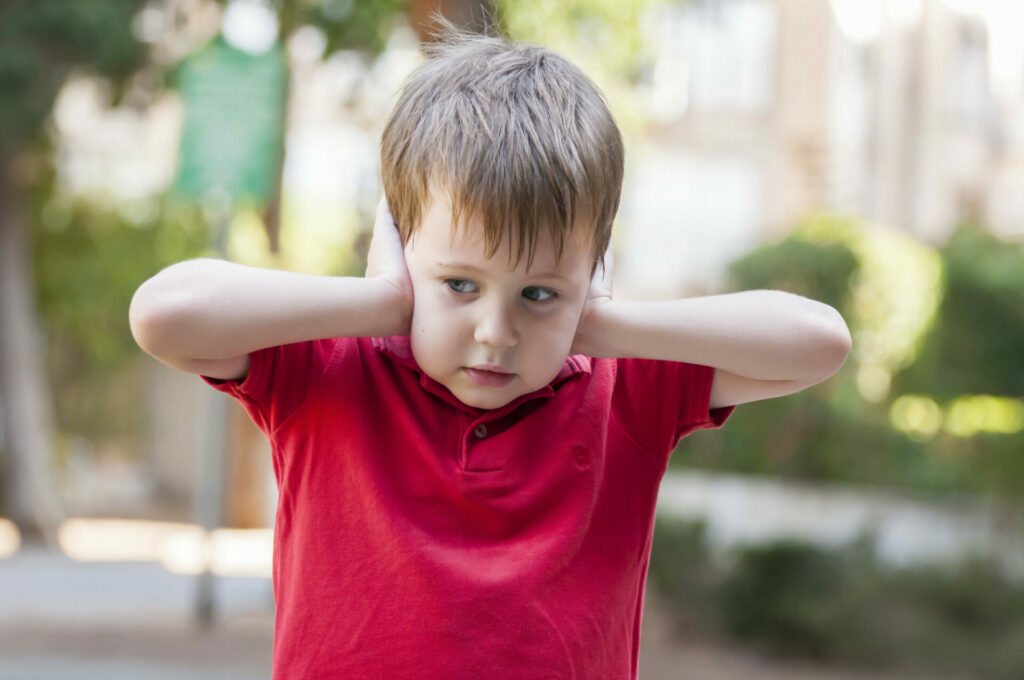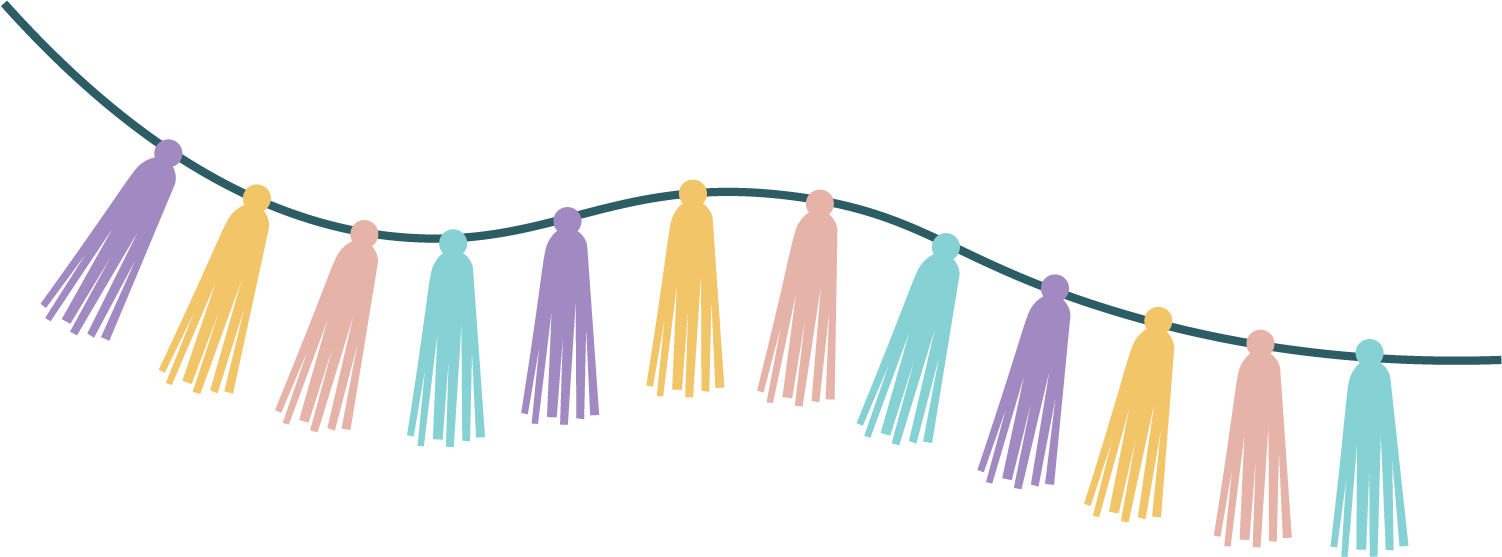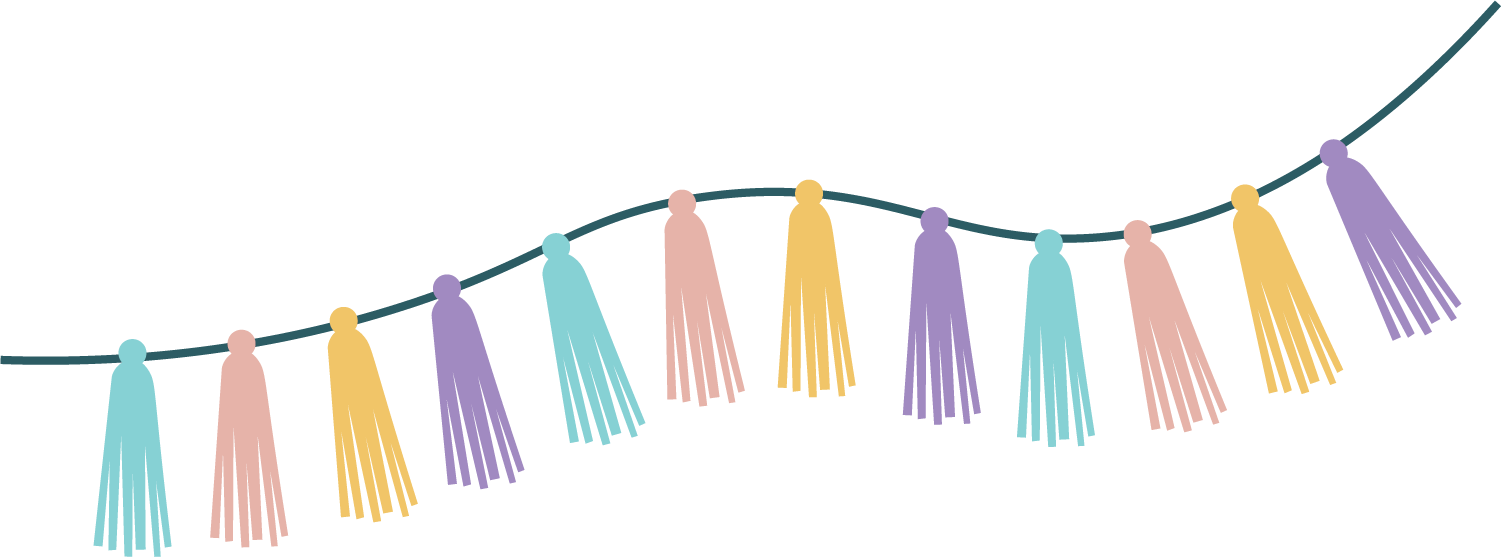
Did you know that almost two percent of children have an autism diagnosis? The rates are even higher with boys.
There are many autism challenges, but the great news is that intervention treatment methods can help provide tools and positive skills that last years. Autism affects each child differently.
Some children have high functioning autism that can go unnoticed until adulthood. Being prepared as a parent can lead to better outcomes with addressing challenges as they arise.
Keep reading more to learn about parenting challenges with autism and interventions that can help.
Autism Challenges
What are some of the challenges associated with autism? These can be broken down into categories such as behavioral, social, and intellectual – to name a few.
Many children with autism are nonverbal – some reports show up to 40 percent. Additionally, many children or adults on the autism spectrum suffer from intellectual disabilities. This creates challenges and difficulties in school and places children more at risk for being bullied.
Other behavioral concerns are when children run away from safety or participate in harmful behaviors.
Attention Deficient Hyperactivity Disorder (ADHD) is a concurrent diagnosis in over half of autism cases at times. ADHD can impact a child’s learning and attention in school. Anxiety and depression are also increased – although, adults with autism are more likely than kids to report depression.
Surprisingly – schizophrenia rates are also significantly higher in those with autism compared to the general population. Recognizing signs and behaviors with mood and personality disorders is another hurdle that parents often have a hard time managing.
Sleep and Behaviors
How does sleep affect children with autism? It plays a vital role in challenging behaviors. Different studies have looked at the effect sleep has on irritability, self-harm, and even verbalization.
Kids who don’t sleep well are more likely to hurt other people or themselves. This risk rises if they also have trouble effectively communicating. Sleep helps kids and teens with autism work through their daily routines better.
This includes their ability to manage a morning ritual such as getting dressed, brushing teeth, and appropriate socialization. If your child is often waking throughout the night, a lot of behavior problems could be associated with a lack of sleep.
There are two medications recommended for aggression or irritability – Risperidone and Aripiprazole. Many parents don’t want to just put their children on medication for the rest of their life. In that scenario, there are a variety of early intervention treatments.
Applied Behavior Analysis
Some of the challenges with autism arise from behavioral concerns. Applied Behavior Analysis (ABA) is a treatment designed to improve a variety of behaviors. Some behaviors that ABA treats include:
- Communication (e.g., verbally and socially)
- Daily hygiene (e.g., dressing, showering, brushing teeth)
- Education
- Fine motor skills
ABA is used for children with autism. ABA is effective for autism because it can teach skills that the recipient can use in multiple settings.
These tools that ABA teaches also carry throughout the lifespan. Keep in mind – ABA is a more intensive therapeutic approach that requires at least 20 hours a week for effectiveness. It is also advised that treatments start before the age of four years old.
Early interventions have shown to be the most effective as a child’s brain is developing. Many ABA programs highly encourage parental participation and a natural play format to achieve the best results. It also allows the parents to include similar strategies in a home environment.
How It Works
ABA uses different approaches to achieve positive behavior results and social skills. At Dream Big Children’s Centers, we offer fun and playful ABA therapy in the center or in the comfort of your own home.
One of the main components of ABA is positive reinforcement. Each child’s behaviors or negative reactions are going to be different. It is important that the therapist recognizes what each child’s behavioral goal is.
Once a goal is determined, the therapist will positively reinforce the child when they exhibit that skill. Positive reinforcement is anything that attracts the child. This includes books, toys, and playing to name a few.
ABA looks at behavior challenges more in-depth than other therapeutic approaches. This technique uses the “ABC” approach. This stands for antecedent, behavior, and consequence.
Using this framework, parents better understand what triggers both positive or negative reactions to situations. The antecedent is anything leading up to the behavior. It doesn’t have to be a specific scenario but can include any verbal response or visual stimulation.
The behavior is what immediately follows the antecedent. It doesn’t always mean that the child will have a major tantrum or become aggressive. It can include a verbal response or something more minor.
The consequence follows the behavior. In the ABA program, the design is to encourage positive reinforcements following the desired skill or appropriate behavior. If the behavior is not appropriate then there should be no reaction by the caregiver, parent, or therapist.
This teaches children with autism appropriate skills and social interactions. It also helps parent challenges by looking at the whole sequencing of what leads to a behavior.
Parenting Challenges
Autism challenges present many unique situations for parents. Recognizing behavioral concerns is the first step before receiving help. If you are struggling with managing the challenges of autism on your own, don’t be afraid to seek out professional help.
Early intervention programs can address behavioral and social challenges. The skills taught in these settings lead to long-term and positive results.
Contact us today and check out one of our many locations in the California region to help your child with autism receive the best care.


